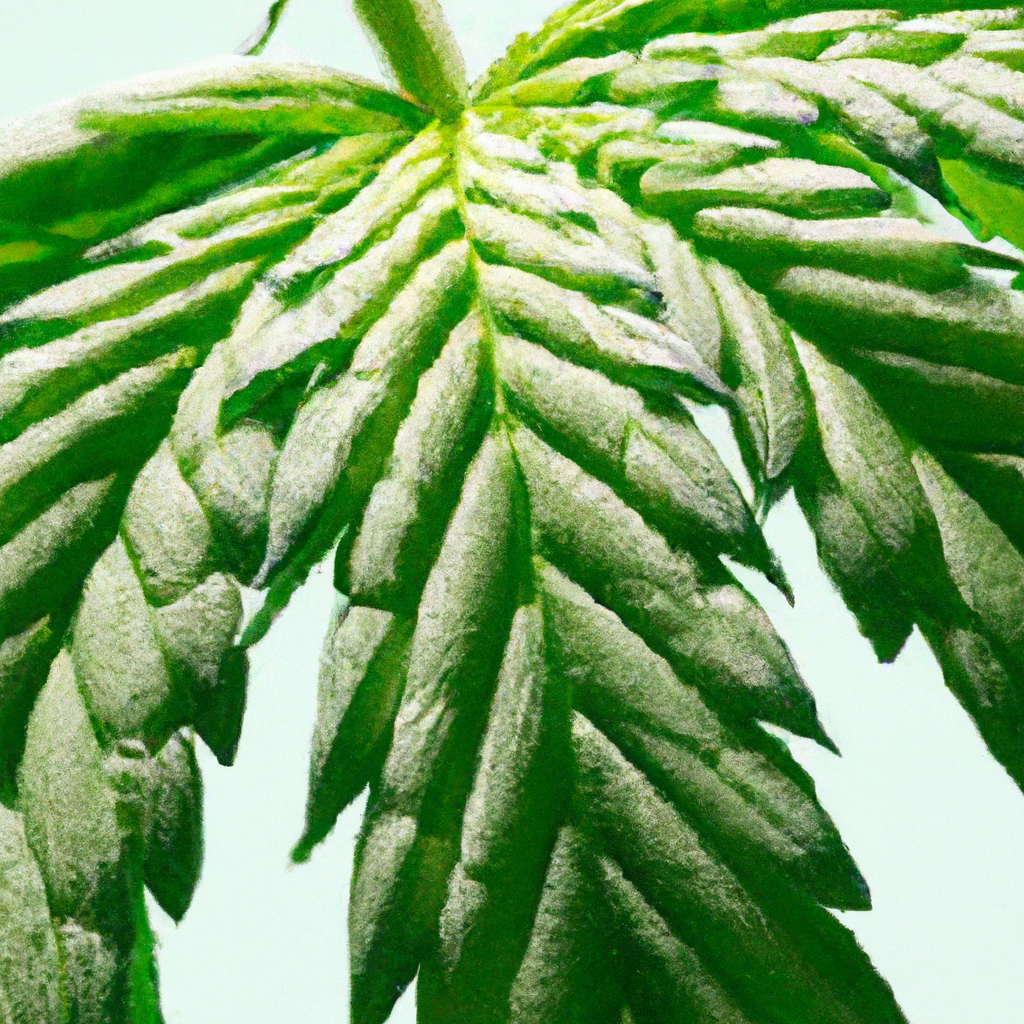Your cart is currently empty!
The world is moving toward sustainable alternatives, and cannabis bioplastics stand at the frontier of this transition. With environmental concerns escalating, the need for renewable materials has never been more urgent. Cannabis, long recognized for its versatility, offers a remarkable solution in the form of bioplastics.
Understanding Cannabis Bioplastics
Cannabis bioplastics are derived from the biomass of hemp plants. Unlike traditional plastics made from fossil fuels, bioplastics are produced from renewable plant materials, reducing the carbon footprint and aiding in environmental conservation.
Benefits of Cannabis Bioplastics
- Biodegradability: These bioplastics naturally decompose, leaving minimal toxic residue and ensuring less environmental pollution.
- Renewable Resources: Hemp grows quickly and requires fewer pesticides, making it a sustainable crop.
- Versatility: Cannabis bioplastics can be used in various industries, ranging from packaging to automotive parts.
Current Research and Future Potential
Scientific research is continually uncovering new applications for cannabis bioplastics. Advancements in processing techniques are enhancing their properties, making them suitable replacements for conventional plastics. As technology evolves, the potential for cannabis bioplastics expands, offering hope for major shifts in manufacturing practices worldwide.
Real-World Applications
Several industries are already integrating cannabis bioplastics. For instance, the automotive sector is exploring their use for creating lightweight yet durable vehicle components. Similarly, manufacturers of consumer goods are investing in packaging solutions that help reduce plastic waste.
Challenges and Considerations
While promising, cannabis bioplastics face challenges such as cost-effectiveness and scalability. Research continues to focus on creating economically viable production methods that can compete with traditional plastics. Regulatory frameworks also need adaptation to streamline the adoption of bioplastics in different industries.
Conclusion
As sustainability becomes a global priority, cannabis bioplastics offer an innovative and eco-friendly solution. While challenges remain, continued research and technological advancements pave the way for cannabis to play a crucial role in sustainable material science. The shift to bioplastics not only supports environmental health but also stimulates growth in green industries.


Leave a Reply